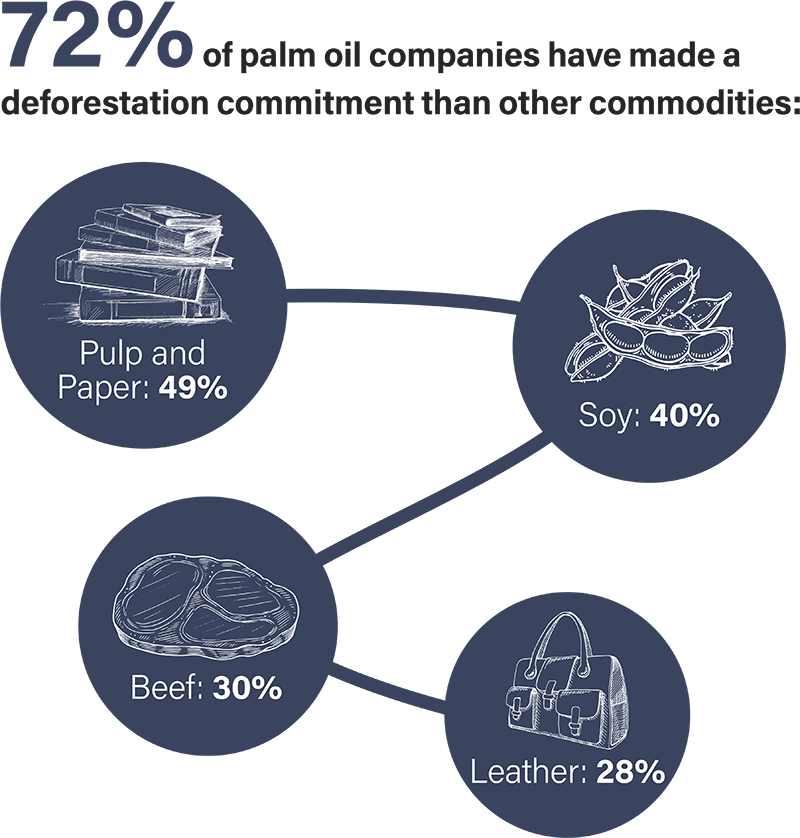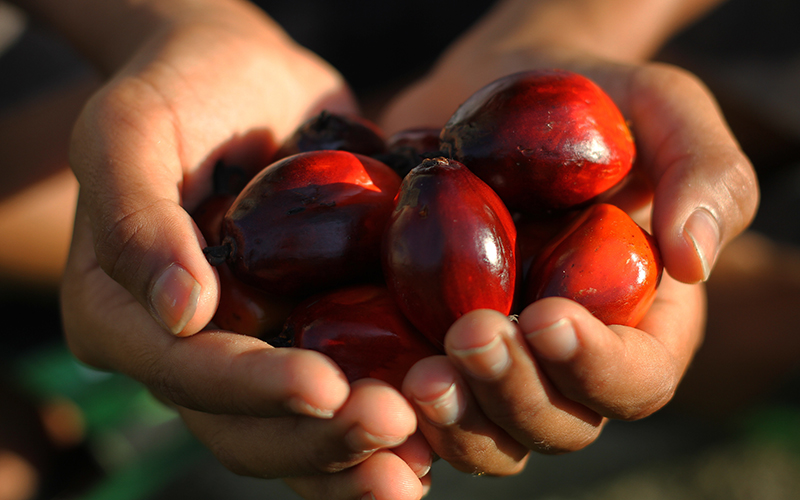
.png)
.jpg)



Like any other source of dietary fat, palm oil fuels the body with energy (9 calories per gram of oils/fats). However, it is important to emphasise that weight gain and obesity result from an imbalance between caloric intake and expenditure rather than from consuming a specific type of oil. When consumed as part of a balanced diet and in moderation, palm oil can be a part of a healthy lifestyle. It provides essential nutrients and contributes to satiety, helping individuals achieve a well-rounded diet that supports overall health and weight management.

Palm oil contains a range of essential nutrients, including fatty acids, vitamin E, and provitamin A carotenoids, making it a nutrient-dense option for a balanced diet.
Palm oil is a rich source of vitamin E, which acts as an antioxidant and helps protect cells from damage caused by free radicals. The vitamin E content in palm oil has also been associated with cognitive function and a reduced risk of age-related neurodegenerative diseases, as well as protecting against oxidative stress and healthy skin.
Crude and Red Palm Oil (especially refined palm oil) are rich sources of provitamin A carotenoids, essential for maintaining healthy vision, immune function, and skin health. Red Palm Oil has been successfully used in food fortification programmes to combat vitamin A deficiency in children, particularly in developing countries.
Palm oil aids in absorbing fat-soluble vitamins, including vitamins A, D, E, and K.
Vitamin D: A vital nutrient for bone health, immune function, and other physiological processes.
Vitamin K: Vitamin K plays a crucial role in blood clotting and bone health, as it supports bone mineralisation and helps maintain bone density.